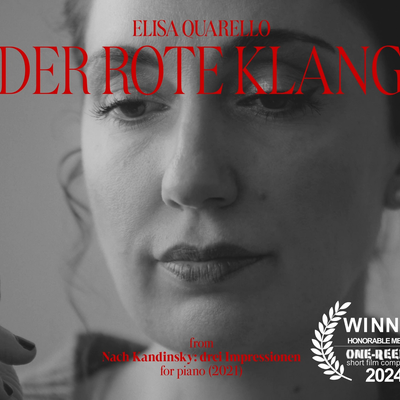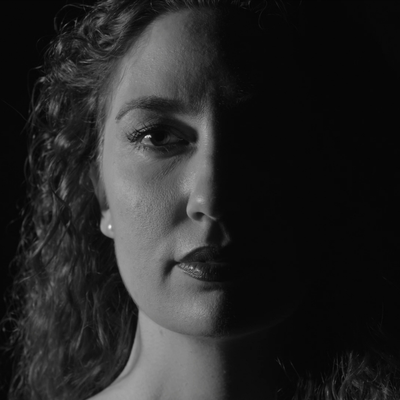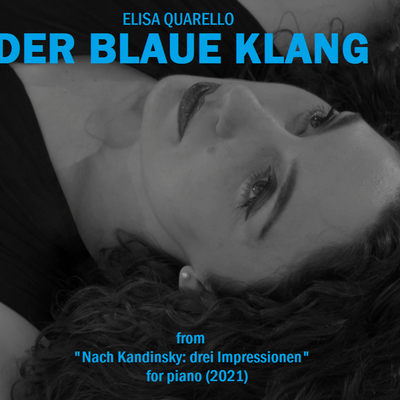Added by
Composed by
Instrument(s)
baritone (voice), full orchestra, soprano (voice)
With electronics
no
Work premiered
July 2019
Venue of the premiere
Calouste Gulbenkian Foundation, Lisboa (Portugal)
Duration
9 minutes
Álvaro de Campos, Hamlet, Falstaff. ‘Se te queres matar, porque não te queres matar?’, one of the most famous poem by Campos-Fernando Pessoa, is undoubtedly indebted with Hamlet’s famous soliloquy ‘To be or not to be’ by William Shakespeare. In the poem, Álvaro de Campos deconstructs the logic of Hamlet’s fear of the ‘undiscover’d country’ and argues that nothing is known in any case, moreover he presents an opposite worldview example against Hamlet: Falstaff. Starting from the selection of verses by ‘Se te queres matar’, ‘To be or not to be’ and by Falstaff’s monologue from II act of 'The merry wives of Windsor', the composer has created a new text in Portuguese and English.
baritone
bilingual libretto
Commission
concert
contemporary music
contemporary opera
Dramatic
filmscoring
opera
orchestra
Orchestral Music
soprano
workshop
Also added by this member
Nach Kandinsky: drei Impressionen (complete)
Elisa QUARELLO
Io nel pensier mi fingo
Elisa QUARELLO
O.H.I.O. - ObstHaine Im Oktober
Elisa QUARELLO
Malebolge - Cantica Seconda
Elisa QUARELLO
Il Canto di Cocito - Cantica Prima
Elisa QUARELLO









